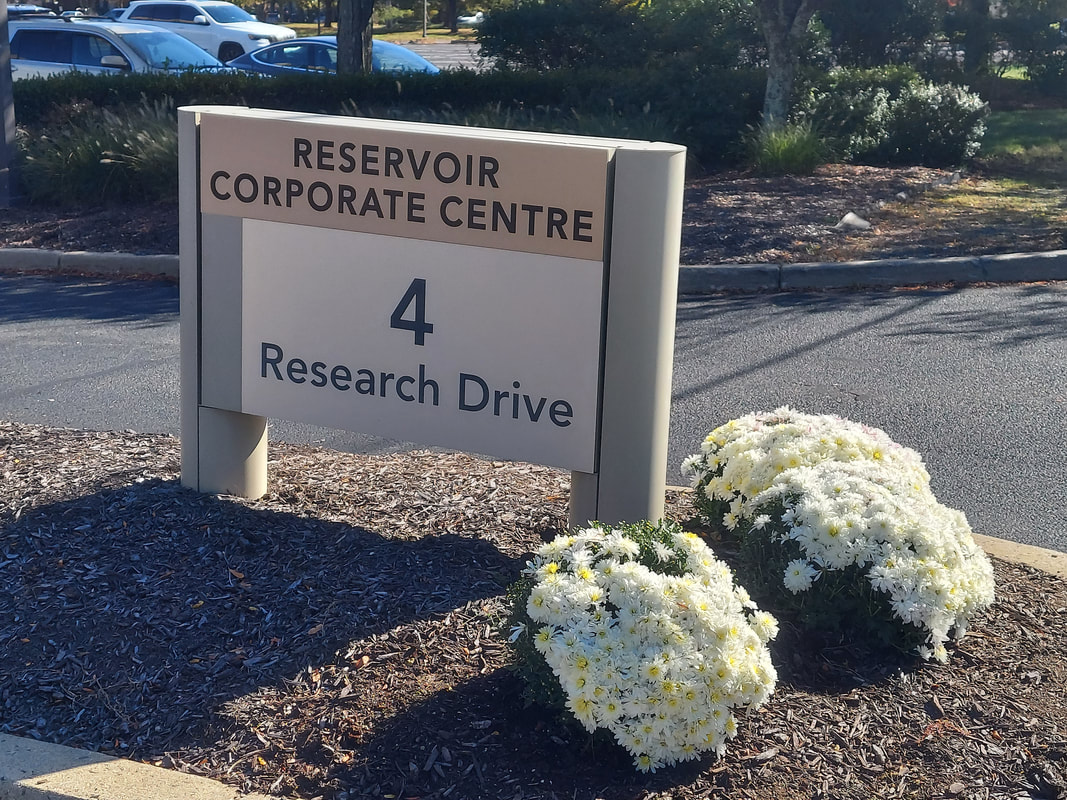Startup attorneys like myself help founders begin their business from the concept stage. They usually understand startup culture and can better serve the principals with a founder agreement, startup incorporation and startup equity structure. There are also a number of agreements and clauses that will have to be discussed and worked through. While there may be general similarities from one startup enterprise to another, no two will be identical since the different partners have their own opinions, requirements, and ideas on how they want the business venture to be run.
Hastily prepared startup agreements may be the downfall of a successful startup company because they will either have misalignment among the founders or not cover all the bases resulting in risk to the initial capital that was invested. Using properly drafted business contracts and confidentiality agreements will avoid problems later. Also, having a real estate attorney or young attorney drafting his or her first set of documents for a startup usually means they are going to miss a number of key issues that should be covered in the final agreements that the partners will sign. This can end up making it impossible to improve growth as desired by everyone and result in the ultimate failure and demise of the business venture.
Startup attorneys are important, and it is not recommended that partners try to draft their own agreements because startup agreements may contain legal terms that can be quite confusing and the partners may not understand the full extent of what they are agreeing to and the liabilities to which they may be unknowingly committed. Often I have clients give me a list of bullet points or a rough draft of a term sheet showing what has been agreed upon and should be included in the operating agreement or shareholders agreement that I will be preparing for them as the definitive agreement between the founders.
Hastily prepared startup agreements may be the downfall of a successful startup company because they will either have misalignment among the founders or not cover all the bases resulting in risk to the initial capital that was invested. Using properly drafted business contracts and confidentiality agreements will avoid problems later. Also, having a real estate attorney or young attorney drafting his or her first set of documents for a startup usually means they are going to miss a number of key issues that should be covered in the final agreements that the partners will sign. This can end up making it impossible to improve growth as desired by everyone and result in the ultimate failure and demise of the business venture.
Startup attorneys are important, and it is not recommended that partners try to draft their own agreements because startup agreements may contain legal terms that can be quite confusing and the partners may not understand the full extent of what they are agreeing to and the liabilities to which they may be unknowingly committed. Often I have clients give me a list of bullet points or a rough draft of a term sheet showing what has been agreed upon and should be included in the operating agreement or shareholders agreement that I will be preparing for them as the definitive agreement between the founders.
Use An Experienced Startup Attorney
Using experienced startup attorneys that have represented numerous businesses and has years of experience will be money well spent in the long run. That experience means that lawyer has been confronted with the numerous types of disputes, conflicts, disasters, buyouts, contract breaches, and other problems that a startup can face. Find out what kind of background the attorney has with startups and business transactions before you hire a startup lawyer.

Joseph B. LaRocco is a business and corporate attorney that handles business contracts, business transactions, entity formations, and corporate governance.
CLICK HERE TO CALL FOR A FREE CONSULTATION 475-244-5141
Joseph B. LaRocco is a business and corporate attorney that handles business contracts, business transactions, entity formations, and corporate governance.
CLICK HERE TO CALL FOR A FREE CONSULTATION 475-244-5141
Mr. LaRocco has represented business clients in many different industries. His clients have included owners, entrepreneurs, and business professionals regarding transactions involving corporate formations, corporate governance, mergers and acquisitions, corporate finance, contract drafting, employment agreements and conflict resolution. He has advised clients on structuring all forms of legal entities both onshore and offshore including corporations, limited liability companies (LLCs), joint ventures, partnerships and strategic relationships. He also assists many startup clients by advising them on how to structure various transactions involving intellectual property, licensing, and distribution rights.
Technology Startups

Technology startup businesses may include software products, software services (often referred to as a SaaS -software as a service), hardware (electric, electronics, digital) and bio startup companies. As one might imagine, these types of businesses make the importance of a skilled technology attorney even more important. Just the mere fact that it is a "technology" startup and not something as simple as a company selling a new consumer goods product or web development agency creates a whole myriad of issues that must be addressed and agreed upon by the founders. Licensing and distribution rights are often an important discussion that the partners must have and agree upon before too much time is spent on the development of the technology.
Just a few of the key questions startup attorneys will be asking:
- Is there a patent or should one be obtained?
- Who should hold the rights to the patent?
- What will the rights of the patent holder or holders be if there is a dispute, or the partners want to go their separate ways?
- If there is no patent who holds the rights to the intellectual property?
- Are the partners free to be involved in competing businesses for other clients they may have?
- What types of fiduciary duties, if any, do the partners owe to one another and the entity that is formed?
- These are just a few of the many issues that would need to be covered properly in the agreement between the founders. Often, the founders have only discussed a few of the important issues and need an experienced legal counsel to point out all the issues so they can be covered in the agreements that the founders inter into before the business venture goes full steam ahead.
Common Startup Documents
Startup attorneys are accustomed to drafting and reviewing a number of documents. Some of the most commonly used include:
Founders' Agreement, Confidentiality Agreement, Non-circumvention and Non-disclosure Agreement, Non-solicitation Agreement, Operating Agreement or Shareholder’s Agreement (depending on the structure used) independent contractor agreement and employment contract.
Very often startup attorneys will also be asked to draft the terms of use, privacy policy, and disclaimer sections for the website. While this seem like a boiler plate solution, have drafted many website terms, I can tell you it is not necessarily an easy task. If the website is subscription based, has a blog section that allows comments, is interactive allowing visitors to connect with one another or allows visitors to hire one another, then it is much more complex and involved. Proper disclaimers should also be used in that type of situation, as well as hold harmless and indemnity provisions.
Founders' Agreement, Confidentiality Agreement, Non-circumvention and Non-disclosure Agreement, Non-solicitation Agreement, Operating Agreement or Shareholder’s Agreement (depending on the structure used) independent contractor agreement and employment contract.
Very often startup attorneys will also be asked to draft the terms of use, privacy policy, and disclaimer sections for the website. While this seem like a boiler plate solution, have drafted many website terms, I can tell you it is not necessarily an easy task. If the website is subscription based, has a blog section that allows comments, is interactive allowing visitors to connect with one another or allows visitors to hire one another, then it is much more complex and involved. Proper disclaimers should also be used in that type of situation, as well as hold harmless and indemnity provisions.
Startup Attorneys Often Begin with a Term Sheet
Usually, I have a meeting or lengthy phone conversation with startup clients to understand their business and what the founders have agreed upon in principle. I want to understand in their own words how they envision the startup working and what they have agreed to between themselves. Most lawyers and Connecticut startup attorneys like myself, will gather as much information as possible in that meeting or lengthy phone conversation. Once I have a good understanding of those terms I can then draft a fairly detailed term sheet for them to review. After everyone has reviewed the term sheet, other issues will come to light, be discussed, and agreed upon or hashed out so that a good working term sheet can act as the blue print for whatever other documents need to be drafted.
More often than not, the entity structure is a limited liability company and so the main document setting out the founders rights, duties and responsibilities will be an Operating Agreement, which is basically a partnership agreement. Even though an LLC can elect to be treated as a partnership for each individuals tax purposes the great benefit of using an LLC as opposed to a simple partnership structure is, as probably know, the LLC provides the partners with protection from personal liability. The only exception would be intentional misconduct or wanton acts of recklessness, like if a partner got in a fight and injured someone at a business meeting. That partner would face personal liability as well as criminal charges for assault and battery.
More often than not, the entity structure is a limited liability company and so the main document setting out the founders rights, duties and responsibilities will be an Operating Agreement, which is basically a partnership agreement. Even though an LLC can elect to be treated as a partnership for each individuals tax purposes the great benefit of using an LLC as opposed to a simple partnership structure is, as probably know, the LLC provides the partners with protection from personal liability. The only exception would be intentional misconduct or wanton acts of recklessness, like if a partner got in a fight and injured someone at a business meeting. That partner would face personal liability as well as criminal charges for assault and battery.
Software Startup Companies
The success of software startup companies can be attributed to its software developers. Software development is an in-depth process involving multiple steps and procedures that produce the final product for the consumer. It requires programming as well as other IT services such as testing, user interface and database design/management. The process can be quite lengthy and require multiple phases of beta testing, changes, and fine tuning before being marketed. Interviewing startup attorneys to make sure you find the right ones with the special knowledge to represent the company can add to the success of the venture and the many different types of contracts that will have to be entered into by the company as it grows.
Founders vs Managers
Typically, all founders will be equity partners and managers in the startup, but not all managers may be equity partners. Often managers that play key roles and are brought in to a late stage startup may be offered up to 5% in the venture. The founders are those persons that have come up with the idea or concept, have developed from just an idea stage, and have put in sweat equity and cash (even if just small amounts) to get the show on the road.
Founders are the main owners of the company and are an integral part in creating it and moving it forward. Founders may be responsible for meeting with investors and securing funding, charging marketing campaigns or interacting with customers to increase profits.
Founders are the main owners of the company and are an integral part in creating it and moving it forward. Founders may be responsible for meeting with investors and securing funding, charging marketing campaigns or interacting with customers to increase profits.
Conflicts of Interest Related to Startups
It is important to understand that startup attorneys when hired need to know who they are representing. Often times it is the LLC that the legal counsel is representing so if a dispute between the founders arises the lawyer cannot take sides and represent any one or more of the founders individually. An exception would be if one founder brought in the attorney and it was made very clear who the attorney was representing. In that case, it is likely the attorney would have the other founders sign a conflict of interest agreement. In that conflict of interest agreement, the other founders would waive the conflict of interest that exists by the attorney representing one of the founders and it would advise the other founders that they are free to hire separate counsel and they have had the time to hire their own counsel prior to signing the final agreements between the founding partners.



